Acupuncture for Pain Management in Columbus, OH
Acupuncture & Chinese Herbal Medicine
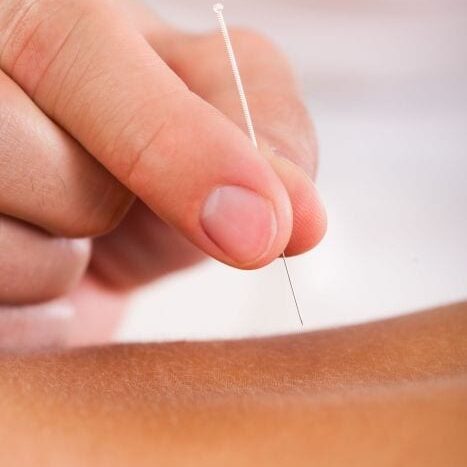
Acupuncture
We offer body acupuncture, auricular acupuncture, scalp acupuncture, electro-acupuncture, laser acupuncture, cupping, moxibustion, and scraping therapy (Gua Sha), other acupuncture treatments. Each acupuncture treatment is carefully selected to treat each individual condition.
Chinese Herbal Medicine
We do herbal medicine consultation, prescribe and dispense herbal formulas for helping individual conditions at our office. We mainly offer granulated herbal extracts and patent herbal medicine. There are about 300 different kinds of granulated herbal extracts in our herbal pharmacy.
Acupuncture
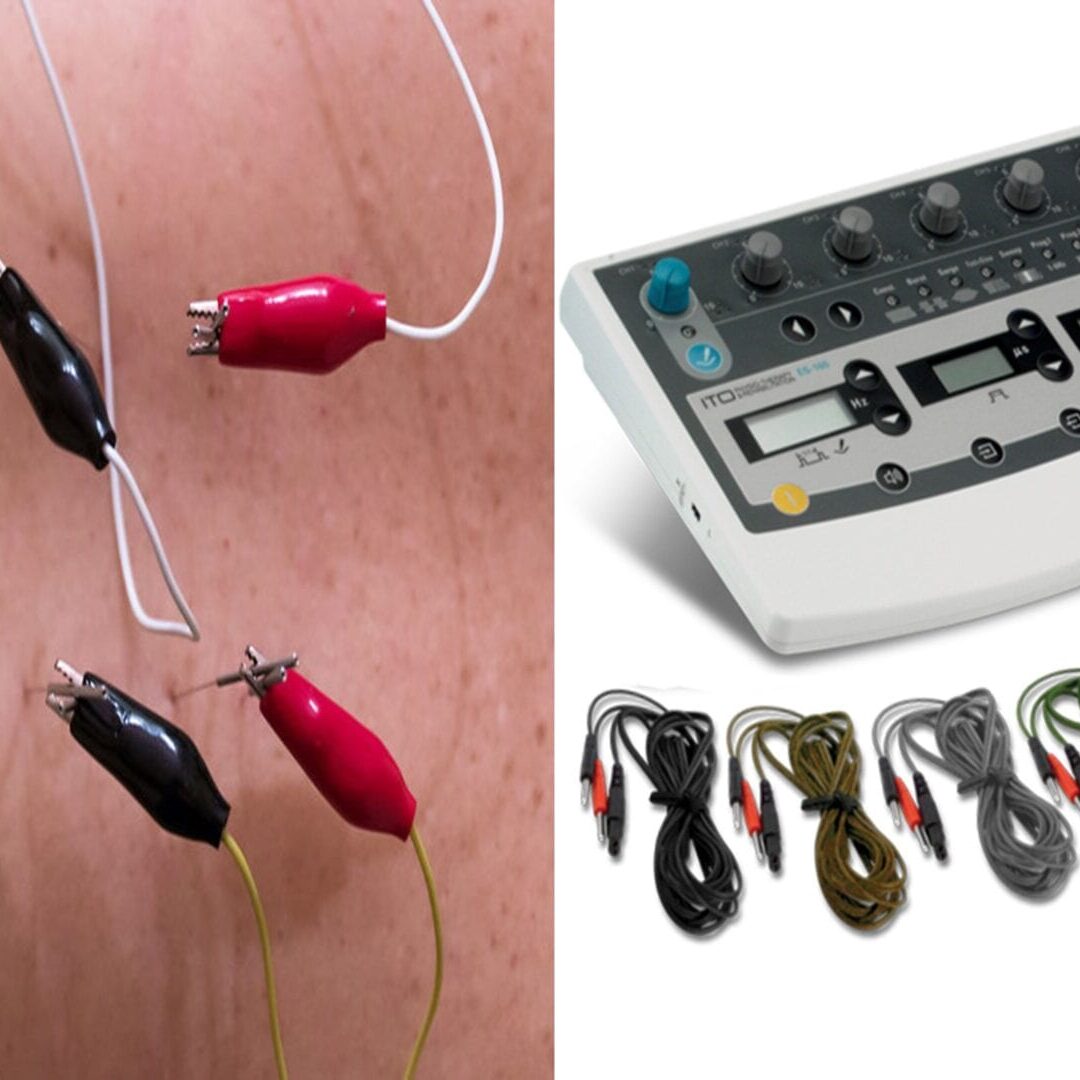
Acupuncture is an essential part of traditional Chinese medicine (TCM), a comprehensive system of healthcare with a continuous clinical history of over 3,000 years. Acupuncture is the Chinese medical practice of inserting very fine needles into the skin at specific points to promote health and combat diseases.
Acupuncture includes body acupuncture, auricular acupuncture, scalp acupuncture, etc.
Acupuncture consists of the gentle insertion and stimulation of hair-fine, pre-sterilized, disposable needles at strategic points along the affected channels of the body. Acupuncture points are selected and combined based on the pattern discrimination diagnosed, acupuncture modern research, practitioners’ experiences and/or conventional medicine knowledges of anatomy, physiology and pathology. Each acupuncture point has a specific purpose and functions with a predictable result. Acupuncture works with the body, utilizing the body’s innate healing abilities to promote and restore its own natural state of harmony and balance. Other treatment modalities used in conjunction with the needles during an acupuncture treatment include: electrical stimulation, TDP lamp, cupping, moxibustion, gua sha, laser stimulation, and more.
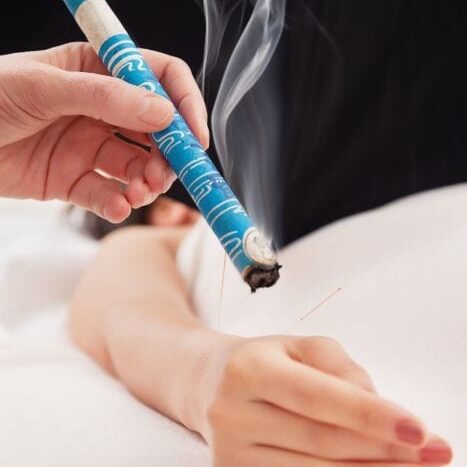
Clinical Procedure of Acupuncture Includes 6 Steps
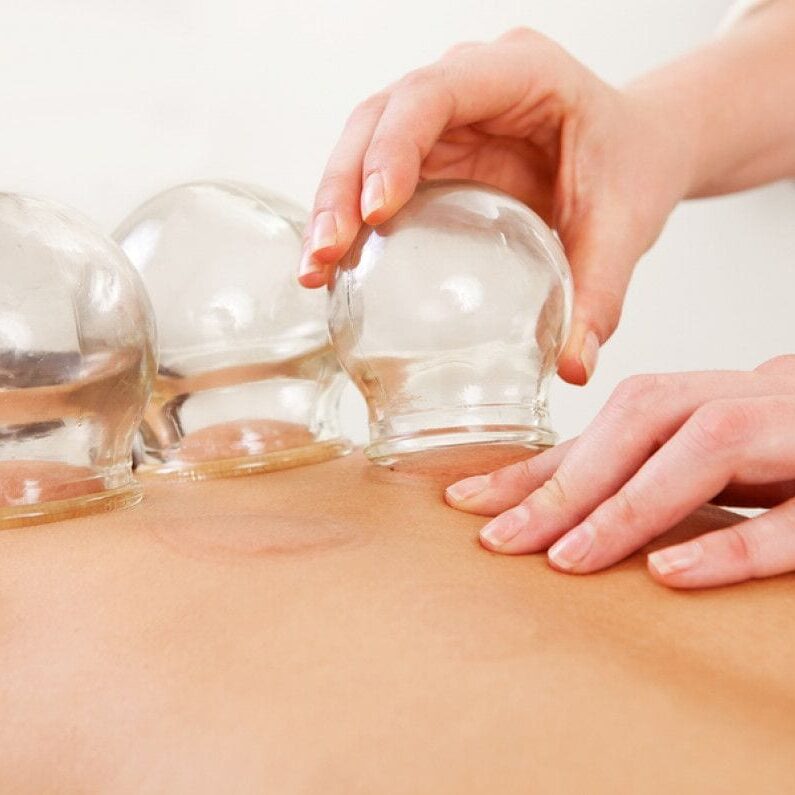
Acupuncture can be used to treat acute and chronic problems as well as provide preventative medical treatment. According to the National Institute of Health (NIH) and the World Health Organization (WHO), acupuncture has proven to be effective in the treatment of a variety of health issues.
Research into acupuncture as a medical treatment has grown exponentially in the past 20 years. Over this period, there have been over 13,000 studies conducted in 60 countries, including hundreds of meta-analyses summarizing the results of thousands of human and animal studies. A wide-variety of clinical areas have been studied, including pain, cancer, pregnancy, stroke, mood disorders, sleep disorders and inflammation, to name a few. Acupuncture’s evidence is now acknowledged by medical experts. Acupuncture is no longer ‘Alternative.’ Indeed, acupuncture is one of the most widely recommended treatments in modern medicine.
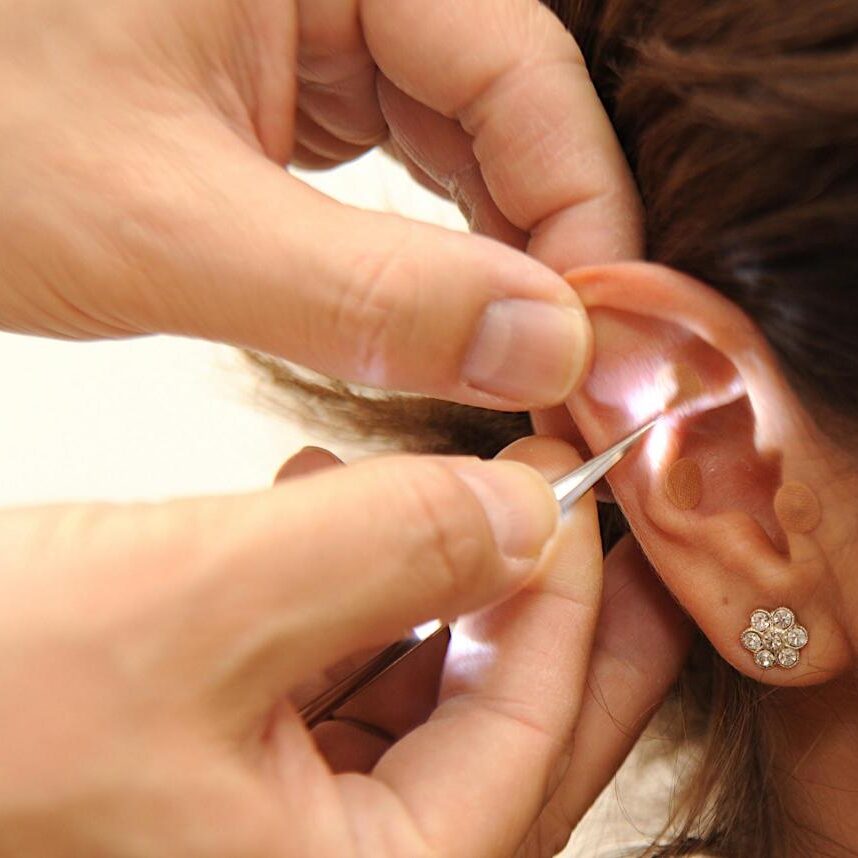
Chinese Herbal Medicine
The Types of Chinese Herbs
They are in their natural state. Each single herb is specially selected to form a formula for treating an individual condition. The loose herbal formulas need to be brewed into a tea at home.
They are highly concentrated powdered extracts. Granulated formulas are custom-made for each patient just like loose herbal formulas. To prepare, patients mix the granules with hot water and drink as a tea. Granules are popular because of their convenience of preparation without brewing and their portability when traveling.
They are pre-made (prepared) herbal formulas in tablet, capsule, and pill form, etc. We purchase high-quality patent herbs from GMP certified Chinese herbal companies. Patent herbs cannot be modified for the individual patient, but are popular because of their convenience
Granulated herbs and patent herbs are mainly used at our clinic
The Basic Steps of the Application of Herbs in Clinic:
All the above three steps are completed at our clinic.
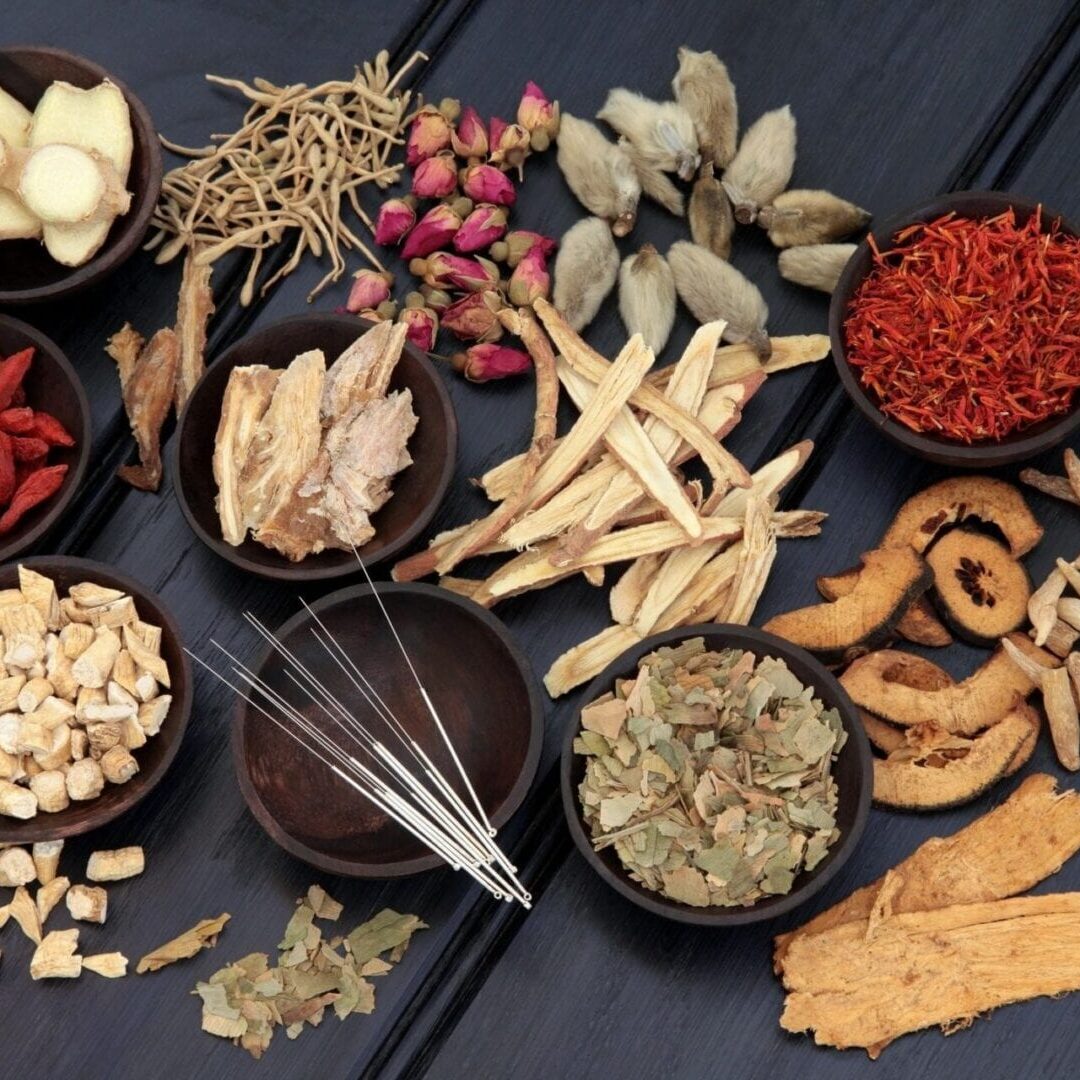
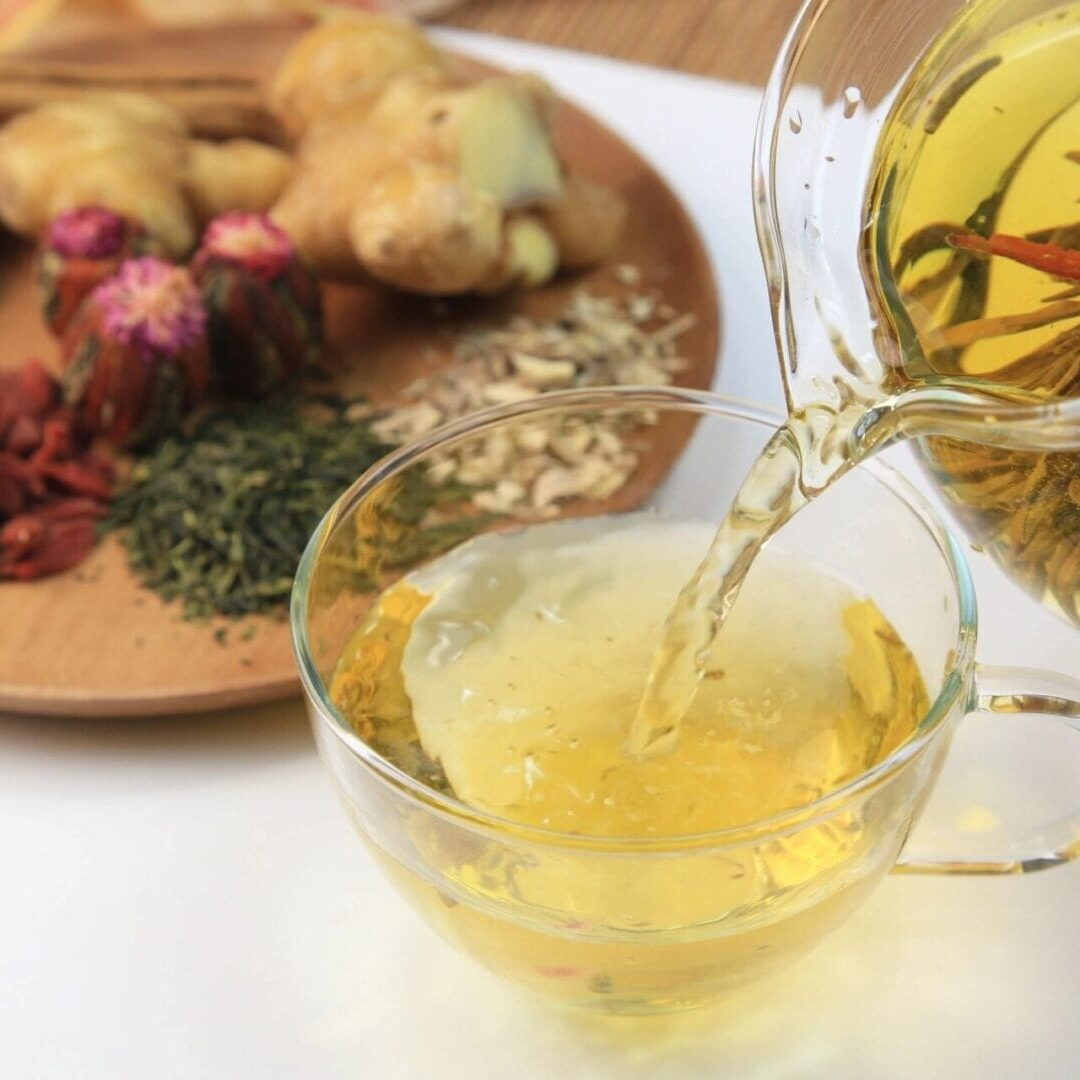
The Benefits of Chinese Herbs
The most valuable benefit of an herbal consultation is the carefully blended combination of herbs specifically designed to address each person’s unique set of needs. Chinese herbal medicine in China is similar to the pharmaceutical system in the U.S. Chinese herbs can be used in all medical fields to treat a variety of health issues. Chinese herbs can be prescribed and taken on their own without having to have acupuncture treatments. But they are often used with acupuncture treatment to support the healing process between patient visits.
The Difference Between Chinese Herbs and Western Herbs
Both Chinese herbs and Western herbs can be very helpful and healing. But they are different. The main difference is:
Chinese herbal medicine is based on Chinese medicine theories to construct formulas of one or more herbs that are used to treat very specific syndromes (disease patterns). The Chinese herbs are put together in well balanced formulas to keep the body well, promote healing, and prevent side effects. The Chinese herbs are almost always taken as a complete and harmonious formula.
Western herbal medicine is more disease oriented rather than treating the unique, individual person with the “disease”. Western herbs tend to be taken as a single herb.
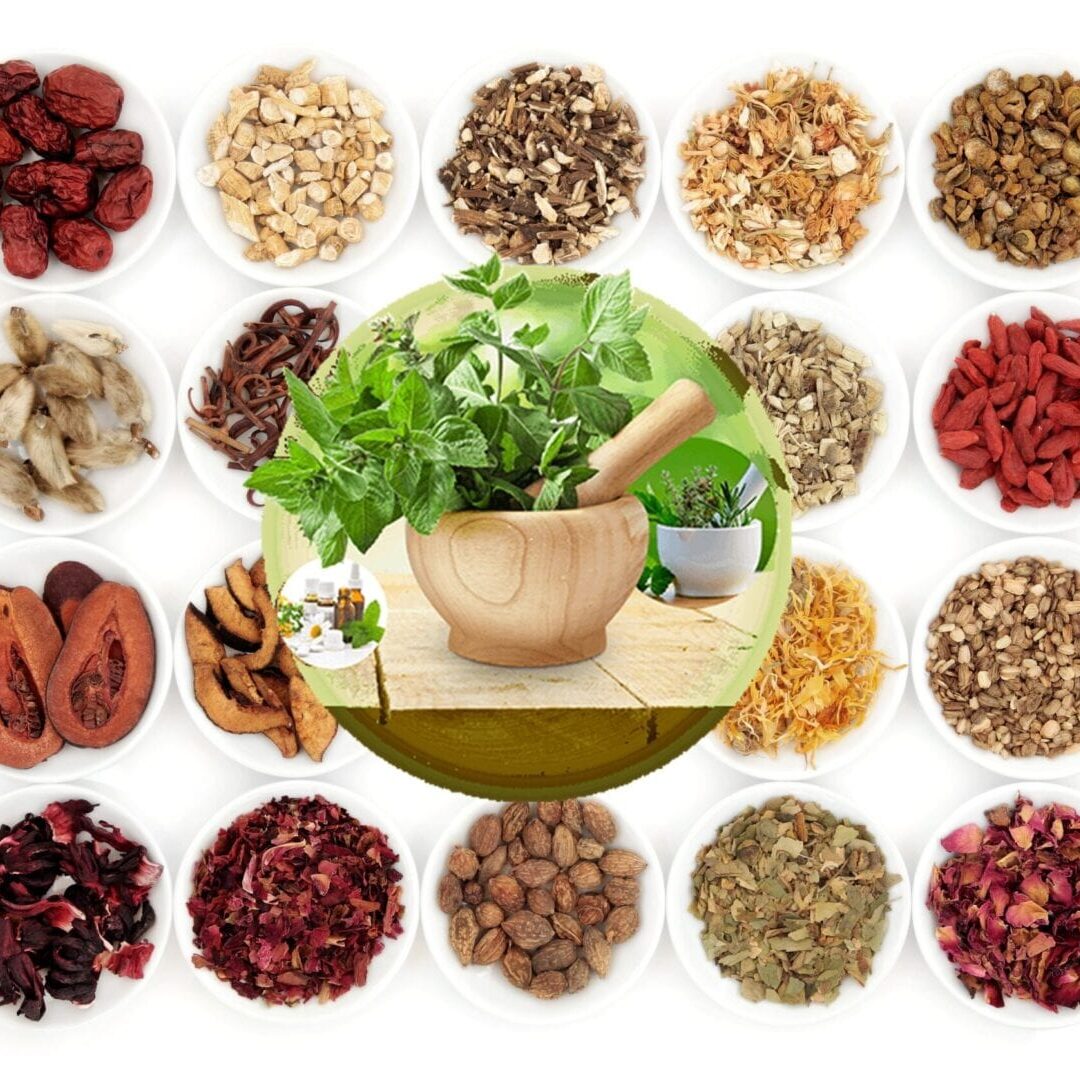
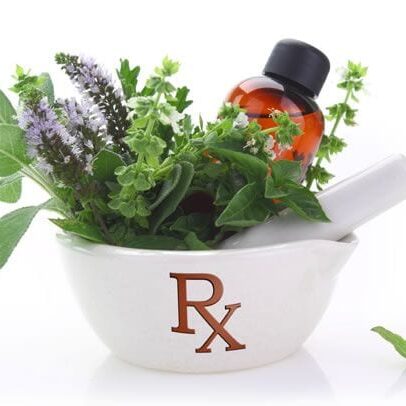
Can a Patient Take Chinese Herbal Medicine and Medications Together?
To date, well-designed clinical studies evaluating herbal supplement-drug interactions are limited and sometimes inconclusive. Herbs can be used with prescription drugs in most cases. But it depends on what herbs and medications a patient wants to take together. Some herbs may carry the same dangers as other pharmacologically active compounds. Interactions may occur between prescription drugs and herbs. The highest risk of clinically-significant interactions occurs between herbs and drugs that have sympathomimetic, anticoagulant, antiplatelet, diuretic and antidiabetic effects. It is important for you to bring the list of medications and supplements you have taken to your practitioner. Your practitioner can recognize the potential interactions and take proper actions to prevent their occurrence. The following books may help to learn more about the herb and drug interactions:
